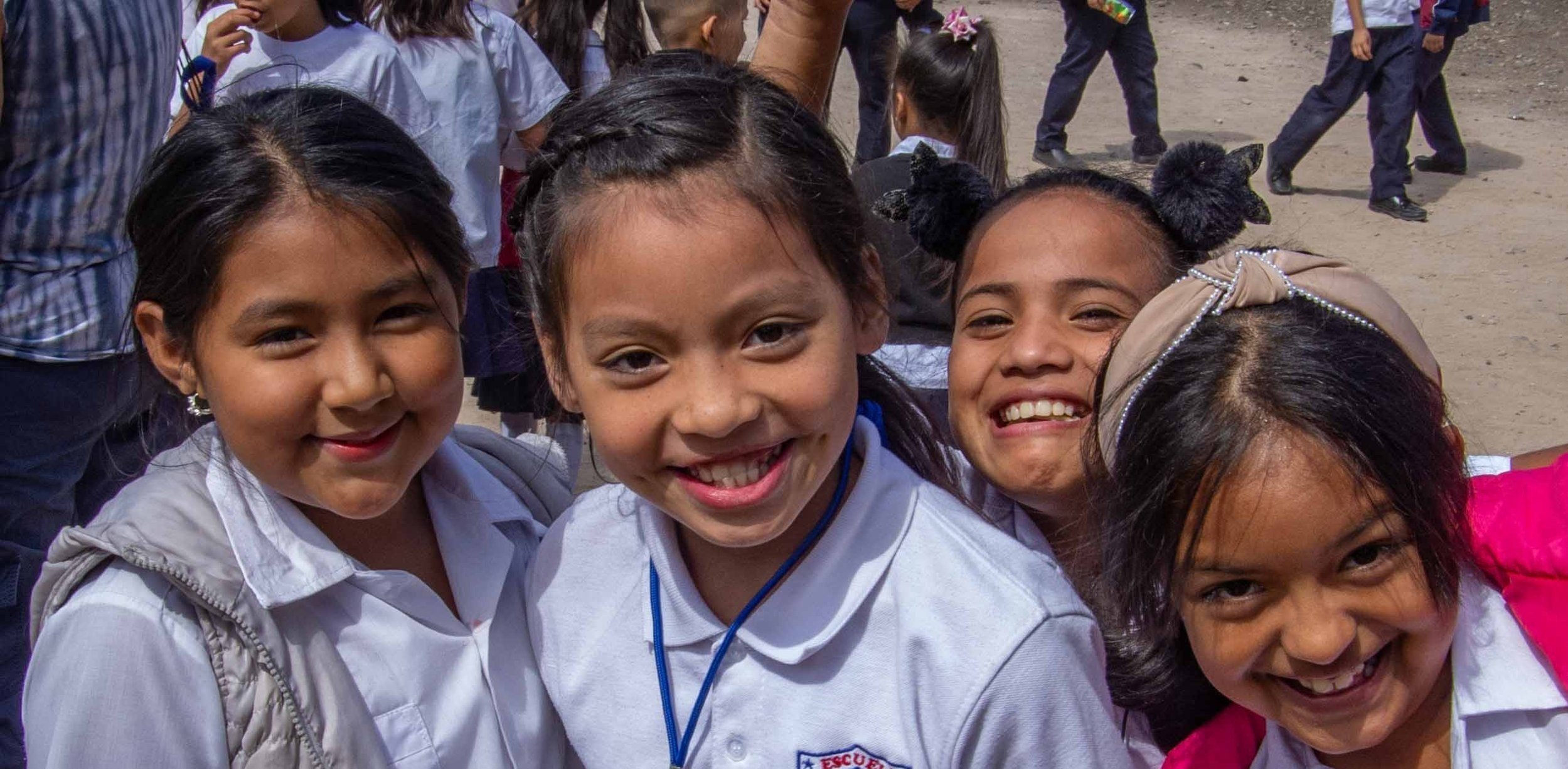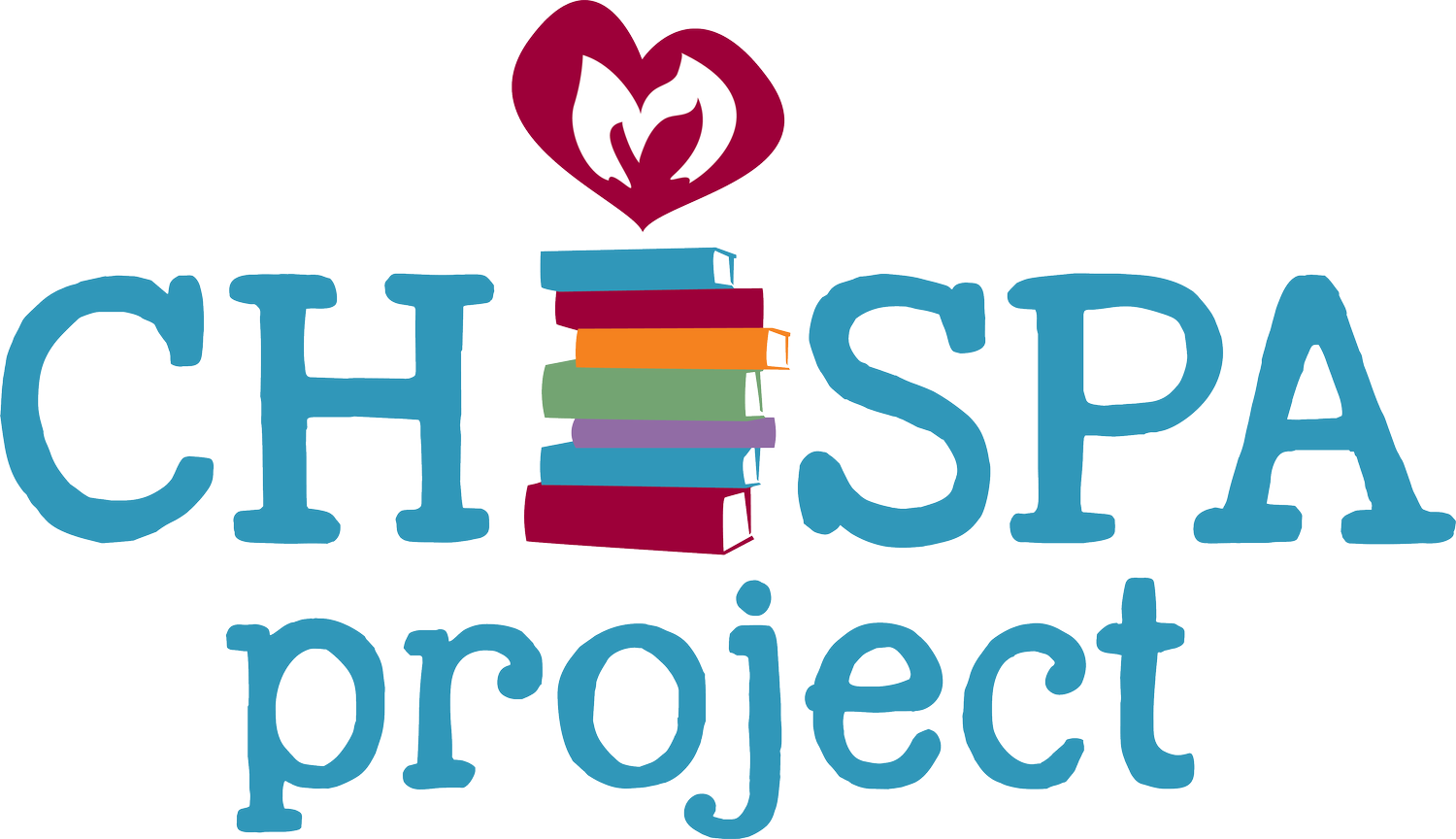
Frequently Asked Questions
Books Donations
-
Books can be sent to our U.S. mailing address at:
Chispa Project
10556 Combie Road, Suite 6643
Auburn, CA 95602 -
Usually we are unable to track where books go, unless you are here personally to help with the delivery or are donating to a specific school that we’ve arranged with you. We try to give each school a mix of varying reading levels and of new and used books. Being able to sort our donations helps us provide this variety to each school, but also makes in fairly impossible to track books.
-
We accept new and used (in good condition) books in Spanish. We try to avoid books that talk about Christopher Columbus, Christmas gifts, or blonde-haired princesses, because these tend to be too different culturally in ways that reinforce the economic disparity.
We’re generally looking for storybooks that will be fun or informative for kids to read. We don’t provide textbooks because this is the job of the Honduran government, and we feel it’s important not to let the government off the hook. Read more about ways to donate books here.
Books can be sent to our mailing address in the U.S. at:
Chispa Project
10556 Combie Road, Suite 6643 Auburn, CA 95602Contact us here to let us know when to expect a shipment! We appreciate your donations!
-
Books are distributed to schools through an application process that verifies need, community commitment, and that the books will be used effectively. We will do all that is possible to make sure that all schools who apply are approved.
The application process requires that the community organizations work together to apply and help symbolically fundraise approximately 4% of the total cost. Currently, we have over 300 schools on our waitlist for a library.
-
We believe that sustainability, in part, happens automatically whenever you make improvements in education. Put a book in a child’s hand, and the knowledge they gain can never be taken away. Thus, our sustainability focus is on making the most use of books donated to give children as much time with the books as possible. First, we work directly with the community and create library committees that are trained to run and sustain the libraries. See our sustainability model here to understand how we all work together to ensure the best usage of book donations within a community.
Also, through teacher training and community meetings we help everyone understand how to care for the books and have a plan to use the books effectively in the classroom.
Volunteer Projects
-
Projects done in the past include building bathrooms and sinks for schools, renovating a kindergarten, and donating coloring books and school supplies. Projects like these will be given a separate budget and paid for by donors and volunteers who want to specialize their funds for a certain project. Find more details about the next trip here.
-
Volunteer trips cost $1,100 for an “all-inclusive” price for everything in Honduras including food, lodging, transportation, and project expenses.
-
We love volunteers who are flexible, willing to serve in any capacity, and ready for an adventure. We know that our volunteers receive so much more than they give, as long as they keep their hearts and minds open. Other than that, we aren’t too picky. We will do our best to prepare and train our volunteers in general local cultural, health and safety and ask that our volunteers are intentional about their decision to come. So…take a chance! Talk to us and find out how you can best participate.
Teacher Development
-
Teachers are taught directly by Chispa Project staff or trained volunteers. Our training workshops have been created in collaboration with other local teachers and fellow non-profits.
-
Packets can vary depending on what supplies are available and what kind of teacher workshop we’re facilitating. We purchase supplies and look for donations. Packets can include construction paper, chalk, pencils, pencil sharpeners, erasers, scissors, pens, permanent markers, and a pencil box. These basic supplies the teacher can then use and lend out to their students when necessary.
-
We often build teacher development workshops based on specific requests of the school and grade levels taught. However, we tend to focus on three main areas: classroom management, multi-level teaching techniques, and the Universal Design of Learning.
The first area focuses on classroom management to assist with making the workday more effective for the student learning environment. The second part is how to teach multi-grade or multi-level classrooms. Often in rural schools, teachers teach more than one grade. Some schools even have one teacher for all elementary grades 1-6. Even for teachers that only teach one grade, they will still often have a dramatic difference in ability level within the grade due to low accountability in student expectations and the grading process when passing students. Finally, the third part of training focuses on Universal Design of Learning framework to improve and optimize teaching and learning for all people based on scientific insights into how humans learn. This is to assist teachers in becoming more creative in their teaching methods to make learning more effective for the variety of ways that students learn.
